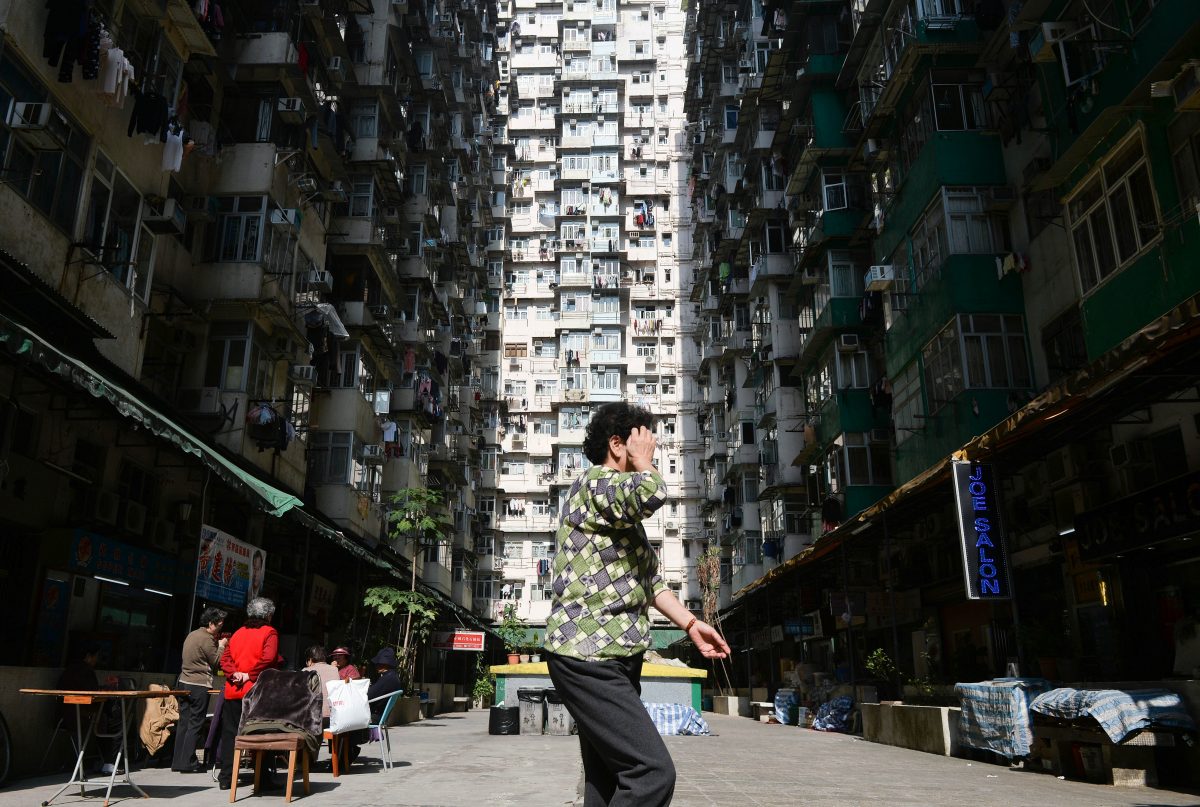Behind China and Hong Kong’s Different Responses to US Interest Rate Hikes
News analysis
Amid soaring inflation, mainland China and Hong Kong central banks chose to respond in opposing ways to the U.S. Federal Reserve’s aggressive interest rate hikes, with China loosening its monetary policy, and Hong Kong raising interest rates.
On June 15, the Fed raised the primary credit rate by 75 basis points, the largest increase in 28 years. The day after, the Bank of England raised its benchmark interest rate by 25 basis points, the fifth time in 2022.
Following the Fed’s move, the Hong Kong Monetary Authority (HKMA), the city’s central bank, also adjusted its base rate upwards by 75 basis points.
“As the U.S. raised interest rates again, there will be incentives for market participants to conduct carry trades when the Hong Kong dollar and U.S. dollar interest rate differentials are sufficiently wide, driving funds to gradually flow from the Hong Kong dollar to the U.S. dollar,” HKMA Chief Executive Eddie Yue remarked on June 16 after the Fed’s Federal Open Market Committee meeting.
“The Fed’s 75-basis-point rate hike was higher than the expected level conveyed by the Fed after its last meeting, mainly due to the latest U.S. inflation data hitting another 40-year high, but is still consistent with recent market expectation,” Yue added.
Unlike the HKMA, China’s central bank decided to continue its easing monetary policy, according to the Chinese state-run People’s Daily.
In an easing policy environment, the central bank lowers rates to stimulate economic growth. Lower rates lead consumers to borrow more, increasing the money supply. On the other hand, a tightening monetary policy environment, such as rising interest rates, aims to reduce the money supply in order to slow or keep the domestic currency from inflation.
Albert Song, a current affairs commentator and expert on the Chinese financial system, told The Epoch Times that China’s central bank had no choice but to stick to its easing monetary policy owing to the country’s severe economic downturn in April and May. The move was aimed at stimulating its weakened economy.
“However, the policy of stimulating economic recovery has been offset by the country’s zero-COVID policy. As a result, we have not seen any meaningful effect despite Beijing having already launched a variety of economic stimulus measures,” Song added. “It means both the Chinese general public and businesses lack confidence.”

Real Estate Is Pivotal
The real estate industry is pivotal to China’s economy owing to its many indirect and direct contributions, but it has been on the decline since 2021.
According to China’s National Statistics Bureau, its national housing prosperity index has decreased from 101.18 in May 2021 to 95.60 in May 2022, a significant decrease compared to previous years.
Meanwhile, property sales, investment, and new construction activities declined significantly in the first five months of 2022.
Property sales fell 31.5 percent in the first five months compared to the same period last year, while investment and new construction activities dropped by 4 percent and…
Read More: Behind China and Hong Kong’s Different Responses to US Interest Rate Hikes
